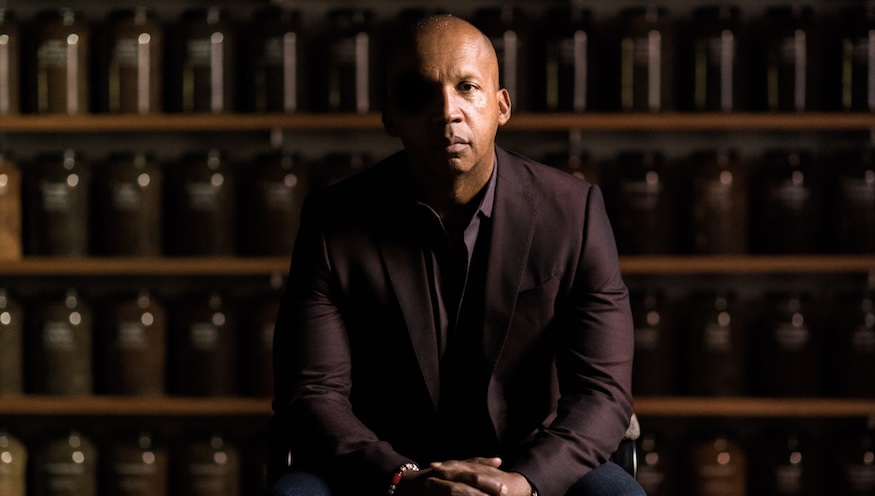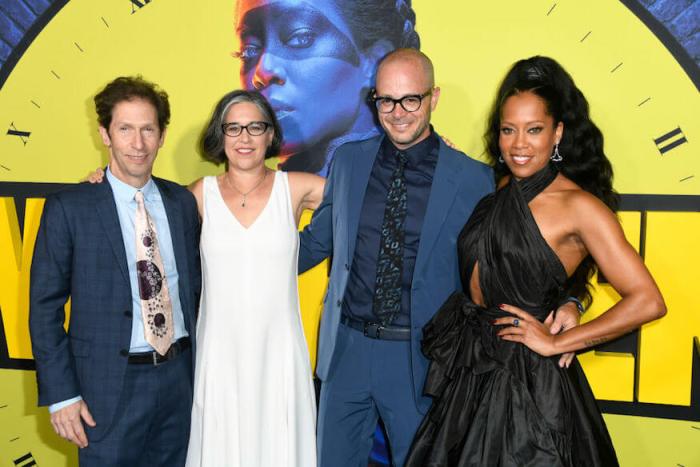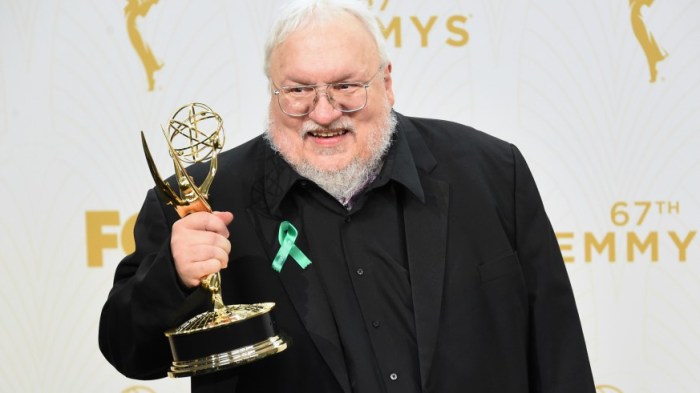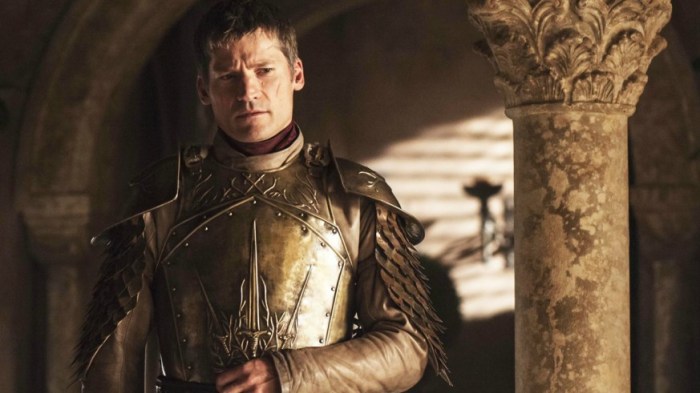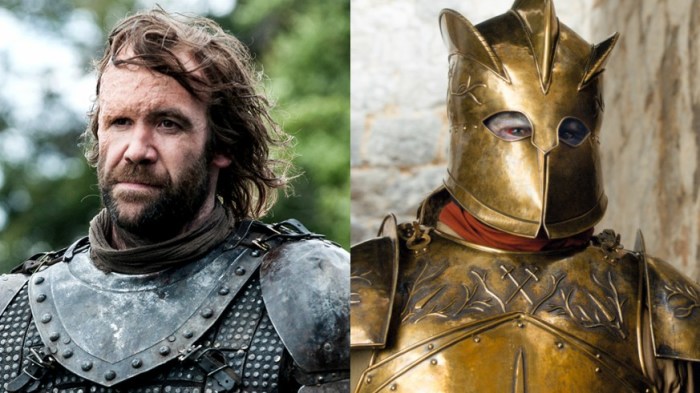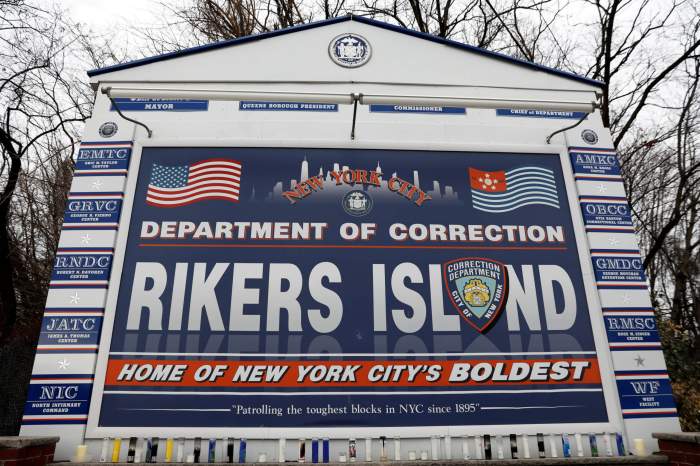Lately, the country has been enthralled by tales of unjust incarceration, a flawed so-called justice system, and the many inmates who are put behind bars simply because they were born a certain way. Those points all ring true for Anthony Ray Hinton. Hinton is one of the longest-serving death row prisoners in Alabama’s history and in 2015 became the 152nd person exonerated from death row since 1983 thanks to EJI (the Equal Justice Initiative) and a real-life superhero, Bryan Stevenson.
Five points of conviction: Anthony Ray Hinton talks time spent on death row and finding freedom again
The new HBO documentary “True Justice: Bryan Stevenson’s Fight for Equality” follows Alabama public interest attorney Bryan Stevenson and his role in advocating for the poor, the incarcerated and the condemned. Hinton was saved by Stevenson and the EJI (which was founded by Stevenson), and “True Justice” highlights how Hinton and Stevenson were able to right an incredible wrong made by the justice system. But the fight is far from over.
“First, let me say, I have always been a person who believed in justice. We need laws and we need punishment,” says Hinton. “After what happened to me, I still believe that. But I don’t think that we should have a death penalty in this country due to racism and due to the fact that we get it wrong more than we get it right. What happened to me was not a mistake, it was done on purpose.”
Hinton’s experience is nothing short of a nightmare. After two fast-food restaurant managers were murdered in 1985, the police were on the hunt for the assailant. At the young age of 29, with no violent criminal history and no real concrete evidence, Hinton was ripped from his home, interrogated and held by police.
At the time, Hinton still believed in the system and even was hopeful that he would not be convicted. If you’re innocent, why would you be, right? “I thought the truth would come out. I had that little ounce of hope. Why wouldn’t I believe that justice would work? As I got in the courtroom, I realized this was not a case of mistaken identity. This was done deliberately,” says Hinton.
The case of mistaken identity was made by a manager who picked Hinton out of a lineup. The deliberate actions came from the prosecutor and judge who Hinton says were more swayed by the color of his skin than his alibi (which he had), false ballistic reports (which were completely butchered) and his positive polygraph test that showed he had no knowledge of the crimes that were committed. “A detective told me: ‘There are five things that are going to convict you. Number One, you’re black. Number Two, a white man is going to say you shot him — whether you shot him or not, I don’t care. Number Three, you’re going to have a white prosecutor. Number Four, you’re going to have a white judge. Number Five, you’re going to have an all-white jury.’ He looked me in the eyes and he said, ‘Do you know what that spells? Conviction.’ He said that five times. He was exactly right.”
After Hinton was convicted, the world simply didn’t make sense. How could it? After having your freedom taken away over nothing more than racial bias, nothing really does. “My life was turned upside down. Why did they pick me? I don’t know. At the time, any black man would have done. I just happened to be the black person that they took. To this day, no one is willing to tell me why. I spent 30 years of pure hell on Alabama’s death row. To this day, no one in the state of Alabama, from the governor’s office or the DA’s office, the legislator, anyone — no one had the decency to say, Mr. Hinton, we’re sorry for the 30 years we took from you.”
Things changed for Hinton when Bryan Stevenson and the EJI took on his case. “When you’ve been convicted once, your faith is shaken. I never thought I would be free. But Bryan Stevenson assured me that I would be getting out. At the time, I thought he was just being nice. That’s what any lawyer would tell their client, ‘Just hold on, I’m going to get you out.’”
Stevenson worked tirelessly on the case, and after years of appeals and fighting tooth and nail, finally, Hinton was free. “I didn’t allow myself to think about [freedom]. I just said, if it comes, I’ll enjoy it and I’ll embrace it. The day that it did come, April 3, 2015, that’s the first time I thought about freedom in years. I didn’t give up. I just didn’t use that word ‘freedom,’” says Hinton. “Bryan Stevenson is truly a man that wakes up every morning fighting for justice. He is my Batman, he is my Robin, he is every crime fighter that I used to watch as a kid.”
What Hinton hopes the new documentary provides is motivation to speak up. “I hope people will realize we have a system that is not right. I hope people will walk away saying there are too many men and women in this country being incarcerated because of the color of their skin or because they were born poor and can’t afford a decent-enough attorney. I hope people walk away knowing at least there is someone trying to fight for equality and justice, if we can even use those words. More than anything, I hope people will watch it and say, ‘You know what, I’ve been silent for too long. It’s time that I stood up and talked.’”
“True Justice: Bryan Stevenson’s Fight for Equality” premieres on HBO on June 26. The Jacob Burns Film Center held a Q&A with Mr. Hinton for “True Justice” ahead of its premiere. To learn more about the Film Center visit burnsfilmcenter.org

